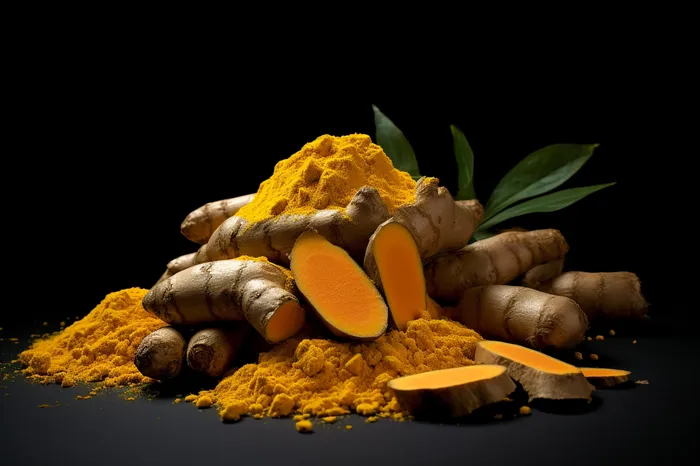A super-spice that’s taken the culinary world by storm, turmeric does more than just add a zesty flavor and bright color to your dishes—it comes with a host of powerful health benefits. Steadily finding its way into more kitchens around the world, this wonder ingredient has been associated with lowering risks of cancer and Alzheimer’s disease. Here’s an exciting revelation that will make you reach for that jar of turmeric: It may also reduce the size of a hemorrhagic stroke. Yes, the wonders of this golden spice keep growing. Now, let’s dive deeper into the facts behind this discovery.
Turmeric and Strokes: The Science Behind the Connection
The principal active component of turmeric, the chemical compound curcumin, is believed to decrease the size of blood clots. A study conducted at the Medical College of Georgia has revealed that including turmeric in your daily diet may help prevent strokes. Scientists involved in this research claim that receiving curcumin intravenously can produce beneficial results for stroke patients. Although further research is necessary to completely understand how this works, it is definitely worth paying attention to turmeric’s potential when it comes to stroke prevention and damage reduction.
Understanding Hemorrhagic Stroke
A hemorrhagic stroke occurs when a blood vessel in the brain ruptures, causing an accumulation of blood that can damage brain cells. There are two primary types of hemorrhagic stroke: intracerebral hemorrhage (when a blood vessel bursts and spills blood into brain tissue) and subarachnoid hemorrhage (when blood accumulates on the brain’s surface, in the area between the brain and the skull). Hemorrhagic stroke is less common than ischemic stroke, which is caused by a blocked blood vessel, but it can lead to serious and long-term complications if not treated properly.
How Curcumin Helps
Now, what exactly can curcumin do to help in such dire situations? Curcumin has been shown to significantly decrease the size of a blood clot, which could minimize the area of damage in the brain during a hemorrhagic stroke. It has shown promise in reducing inflammation and acting as an antioxidant, protecting our bodies from harmful free radicals. In addition to its stroke-related benefits, these properties contribute to curcumin’s potential role in preventing cancer and Alzheimer’s disease.
Other Turmeric Benefits
This golden spice contains other health-enhancing compounds as well, offering a myriad of benefits to your health and well-being. Apart from the aforementioned stroke-preventing properties, other advantages of turmeric include:
- Boosting your immune system
- Improving digestion
- Reducing depression symptoms
- Fighting aging by improving skin health
- Relieving joint pain and arthritis
Making the Most of Turmeric
To reap the potential stroke-fighting benefits of turmeric, start incorporating it into your daily diet. Use it as a seasoning when cooking delicious meals. Many Indian dishes like curry make liberal use of turmeric. You can also:
- Add a pinch of it to scrambled eggs or egg salad
- Throw a dash into rice, pasta, or quinoa
- Mix it into soups or stews to add color and flavor
- Blend with smoothies or yogurt
- Sprinkle over roasted vegetables or nuts
- Make tea or golden milk
However, it is important to note that curcumin, being the primary active component of turmeric, is not easily absorbed by the body on its own. To maximize its absorption, combine it with black pepper. The compound piperine in black pepper can enhance curcumin absorption by 2,000%, according to a study from St. John’s Medical College.
If you’re not a fan of the taste of turmeric, or cooking isn’t your strong suit, consider curcumin supplements. Consult your healthcare provider to determine the appropriate dosage for your specific needs, and ensure that it is complemented with a well-rounded, healthy diet.
Embracing the Power of Turmeric
In conclusion, turmeric is packed with numerous benefits beyond its culinary qualities. Aside from its potential role in stroke prevention and damage mitigation, it offers a myriad of reasons to make it a part of your daily nutritional intake. So why wait? Start experiencing the tantalizing flavor and health-enhancing powers of turmeric in your meals or consider adding curcumin supplements to your routine. There’s never been a better time to embrace the golden goodness of turmeric.



